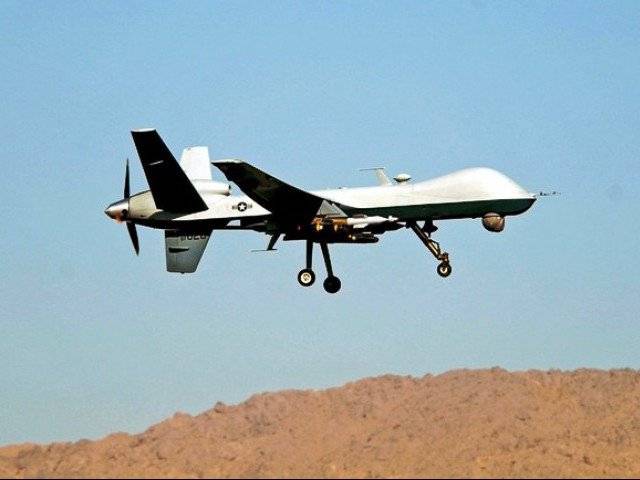The Washington Post, in an article by a professor on South Asian studies from the University of Oklahoma, has stated that drone “blowback” in Pakistan is a myth. According to his study based on 147 semi-structured interviews with adult residents of North Waziristan, he has concluded that the blowback thesis, that the drone strikes caused more harm than good and were not supported by the people of FATA, was false. The study claims that most locals prefer drones to the Pakistan military’s ground and aerial offensives that cause more extensive damage to life and property. The United States has used armed drones in Pakistan 2001 and the Obama administration has especially been a fan of the technology, increasing their use to 128 strikes in 2010 alone.
The research is misleading, even though the data may be honestly collected and analysed. The drone program was meant to minimise US resource allocation, rather than to minimise loss of life and property to the people. Secondly, even if the numbers are correct, that over 64 to 79 percent of people in North Waziristan support the program, this means little as the researchers disaggregated the research from FATA. If the total data is seen, the “blowback” is very much there. And what of the 36 to 21 percent who don’t support the drones? That is still a significant number; even just a few of them had a terrible experience with a drone.
The minority in a war need to be heard the most and such research must be taken with a pinch of salt. The report should not be used as an endorsement of more drone campaigns. Terrorism is only now being tackled head on in our country when the Pakistani military establishment took matters in their own hands and launched an extensive ground operation. Research in terrorism and counter-terrorism is a new frontier, and all attempts at it should be encouraged. However, since these studies are so new and unchallenged, policymakers need to keep other variables in mind.






